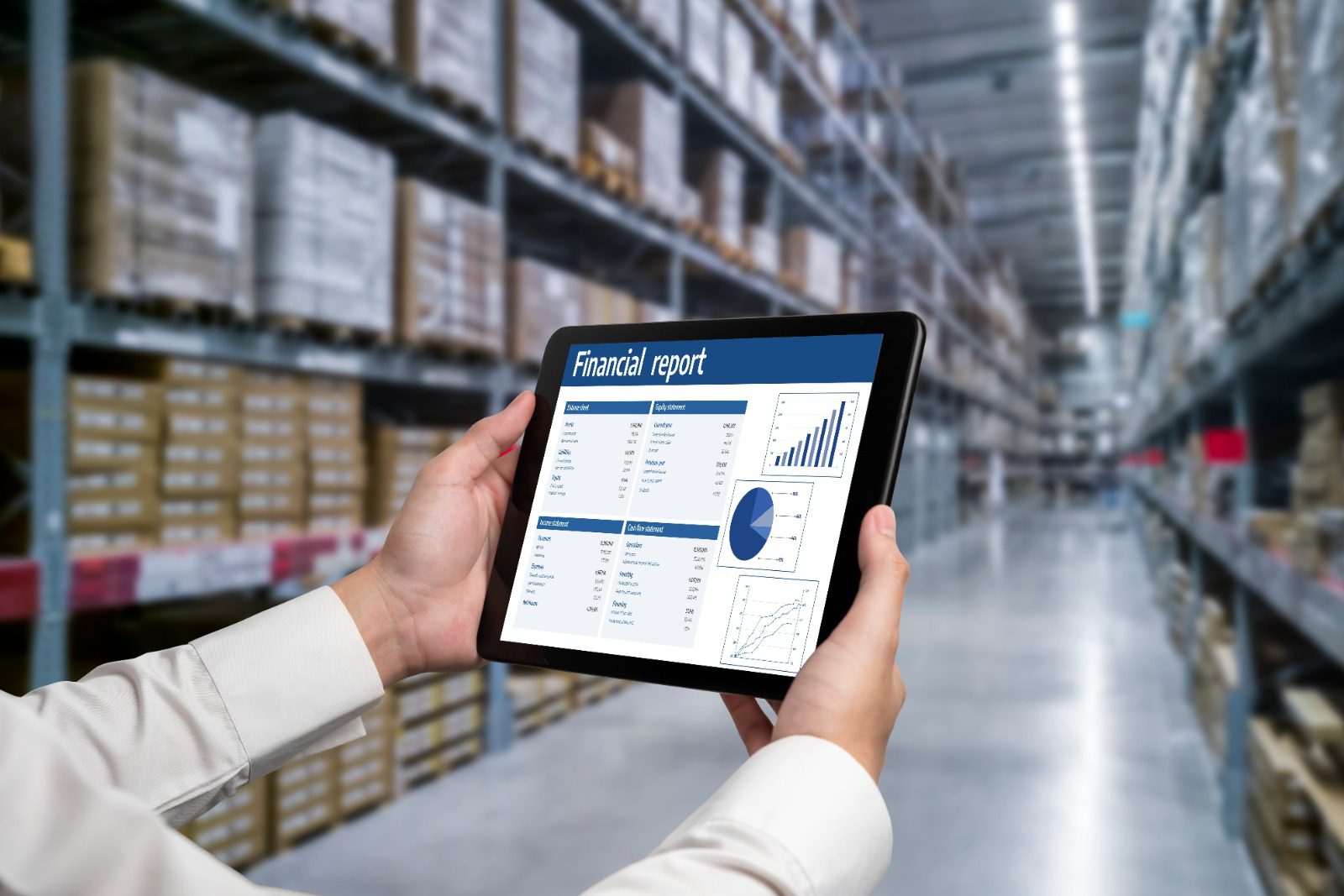In the dynamic hub of Dubai Internet City (DIC), logistics and trading businesses thrive amid cutting-edge infrastructure and global connectivity. Streamlined accounting for logistics and trading businesses in Dubai Internet City (DIC) is essential for managing complex supply chains, ensuring regulatory compliance, and driving profitability. By adopting efficient financial practices, companies can focus on core operations while minimizing risks and costs.

Understanding Dubai Internet City as a Business Hub
Dubai Internet City serves as a premier technology and business park, attracting over 3,500 companies, including logistics and trading firms, leveraging its free zone benefits. Located along Sheikh Zayed Road, DIC offers 100% foreign ownership, tax exemptions, and proximity to key ports and airports, making it ideal for trading and logistics operations. This environment fosters innovation, with facilities supporting seamless international trade and supply chain management.
The free zone’s status provides exemptions from customs duties and corporate taxes on qualifying income, enhancing competitiveness for businesses involved in distribution, warehousing, and freight services. However, navigating financial intricacies requires specialized accounting to maintain these advantages.
Key Challenges in Accounting for Logistics and Trading Firms
Logistics and trading companies in DIC face unique financial hurdles due to high-volume transactions and global dealings. Inventory management often involves tracking goods across borders, leading to complexities in valuation and costing. Fluctuating fuel prices and shipping costs can disrupt cash flow, demanding real-time financial oversight.
Additionally, multi-currency transactions and varying international regulations add layers of complexity. Without streamlined systems, firms risk errors in financial reporting, delayed invoicing, and non-compliance with UAE laws, potentially resulting in penalties.
Benefits of Streamlined Accounting Solutions
Implementing streamlined accounting transforms operations for DIC-based logistics and trading businesses. It enhances accuracy in financial records, reducing errors by up to 50% through automation.
- Improved Cash Flow Management: Real-time tracking of receivables and payables ensures timely payments, crucial for negotiating supplier terms in logistics.
- Cost Savings: Outsourcing or using cloud-based tools cuts overheads, allowing reinvestment in fleet expansion or technology upgrades.
- Scalability: As trading volumes grow, systems adapt without proportional cost increases, supporting business expansion.
- Enhanced Decision-Making: Detailed reports provide insights into profitability per route or product, aiding strategic planning.
- Risk Mitigation: Automated compliance checks prevent regulatory issues, safeguarding free zone benefits.
These advantages lead to operational efficiency, with firms reporting better inventory turnover and reduced administrative time.
Essential Accounting Services for DIC Businesses
Tailored services address the specific needs of logistics and trading in DIC. Bookkeeping ensures accurate recording of transactions, from freight bills to customs clearances.
VAT compliance is critical, as services like international transport may qualify for zero-rating, while others attract 5%. Audit preparation involves compiling financial statements per IFRS standards, mandatory for license renewals.
Payroll management handles expatriate staff, incorporating end-of-service benefits and visa costs. Financial forecasting models predict market fluctuations, helping firms budget for seasonal demands in trading.
Tax Considerations in UAE Free Zones
UAE free zones like DIC offer 0% corporate tax on qualifying income, such as trading commodities or logistics services, provided activities meet criteria like distribution from designated zones. However, income from mainland transactions may incur 9% tax.
Qualifying activities include manufacturing, processing, and logistics, while excluded ones cover banking or property exploitation. Businesses must maintain substance, like adequate employees and premises, to claim exemptions.
VAT applies to services, with exemptions for inter-free zone goods transfers if unaltered. Streamlined accounting ensures proper documentation for tax filings, avoiding penalties from the Federal Tax Authority.
Role of Technology in Modern Accounting
Cloud-based software revolutionizes accounting for DIC firms. Tools like Xero or QuickBooks integrate with logistics platforms for real-time inventory and expense tracking.
Automation handles multi-currency conversions and generates compliance reports, reducing manual effort. AI-driven analytics predict cash flow trends, vital for trading firms dealing with volatile markets.
Integration with ERP systems streamlines supply chain finance, from order processing to payment reconciliation, boosting overall efficiency.

Compliance and Regulatory Framework
DIC businesses must adhere to the UAE Commercial Companies Law, requiring five-year record retention. Annual audits by approved firms are essential for renewals.
Corporate tax laws mandate registration if taxable income exceeds AED 375,000, with free zone perks for qualifying entities. Streamlined processes ensure timely filings, leveraging DIC’s supportive ecosystem for tech-driven compliance.
Case Studies: Success in DIC Logistics and Trading
A DIC trading firm reduced costs by 30% through outsourced accounting, optimizing VAT refunds on exports. Another logistics company improved inventory accuracy via automated systems, minimizing stockouts.
These examples highlight how specialized services enhance profitability and compliance in a competitive landscape.
Choosing the Right Accounting Partner
Selecting a provider familiar with DIC regulations is key. Look for expertise in free zone taxes, logistics-specific challenges, and scalable solutions.
Exactitude Business Services offers comprehensive support, from bookkeeping to tax advisory, tailored for DIC firms. Visit Exactitude Business Services for more.
Future Trends in Accounting for Logistics
Emerging trends include blockchain for transparent supply chains and AI for predictive analytics. Sustainability reporting will gain prominence, tracking carbon footprints in logistics.
DIC’s focus on innovation positions firms to adopt these, with streamlined accounting as the foundation.
In Summary
Streamlined accounting for logistics and trading businesses in Dubai Internet City (DIC) is pivotal for sustained success in the UAE’s vibrant market. By partnering with experts like Exactitude Business Services, companies can achieve financial clarity, compliance, and growth. Explore services at Exactitude Business Services Accounting and connect with DIC resources at Dubai Internet City. For tax guidance, refer to the Ministry of Finance, UAE.
